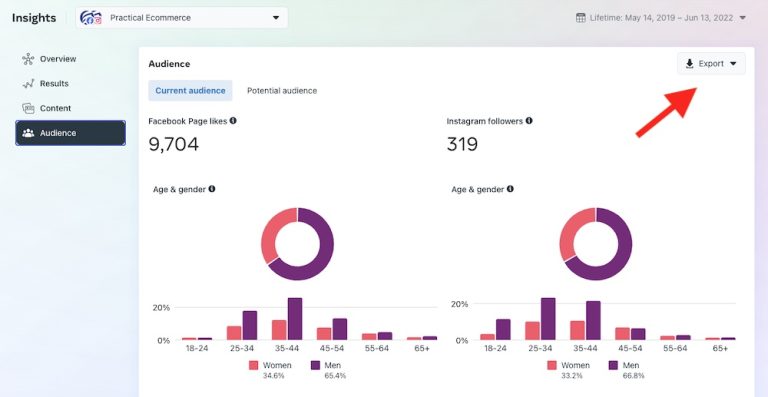
The pandemic exposed supply chain weaknesses — a shortage of essential components and an increase in costs. When asked to select the biggest threat to their firm’s expansion, CEOs chose supply chain risk by a wide margin.
According to the chief executives, extending their company’s supply-chain monitoring to foresee changes is the best way to reduce disruptions. KPMG’s Grant McDonald, global industry leader of aerospace and defense, stated in the report, “The need for resilience is forcing companies to be more agile and make decisions faster. Digitization plays a vital contribution to this.”
More than two-thirds of CEOs responding said they wanted more resilient supply chains to offset another worldwide lockdown. In mid-2021, KPMG International surveyed 146 CEOs of large manufacturing companies in Europe, North America, and Asia-Pacific to learn what’s on their minds for 2022. The ensuing report, “Global Manufacturing Prospects 2022,” addressed the CEOs’ views on supply chain resiliency, new technologies, and matters involving the environment, society, and governance.
– –
The United Nations Industrial Development Organization (UNIDO) publishes a quarterly report, “World Manufacturing Production,” summarizing global trends across countries and sectors. The report evaluates production data collected by UNIDO’s member states.
According to Q1 2022 report, published June 15, global manufacturing output in North America and Asia registered a year-over-year growth of 5% and 4.2%, respectively.





![[Infographic] How Virtual and Augmented Reality Will Change the Way We Shop](https://research-institute.org/wp-content/uploads/2022/08/infographic-how-virtual-and-augmented-reality-will-change-the-way-we-shop.jpg)
